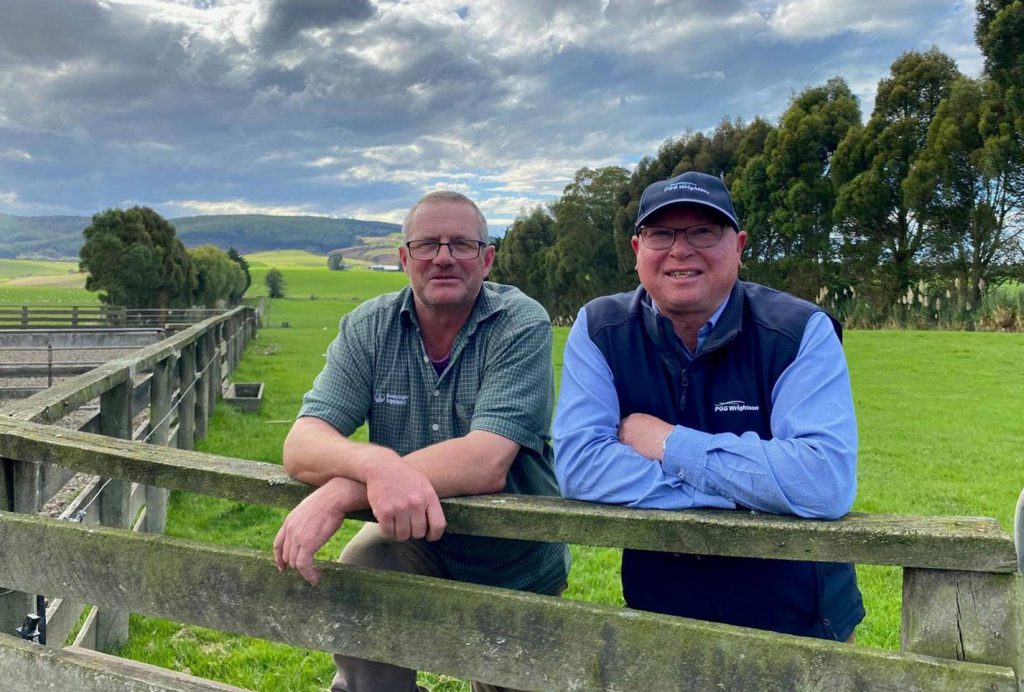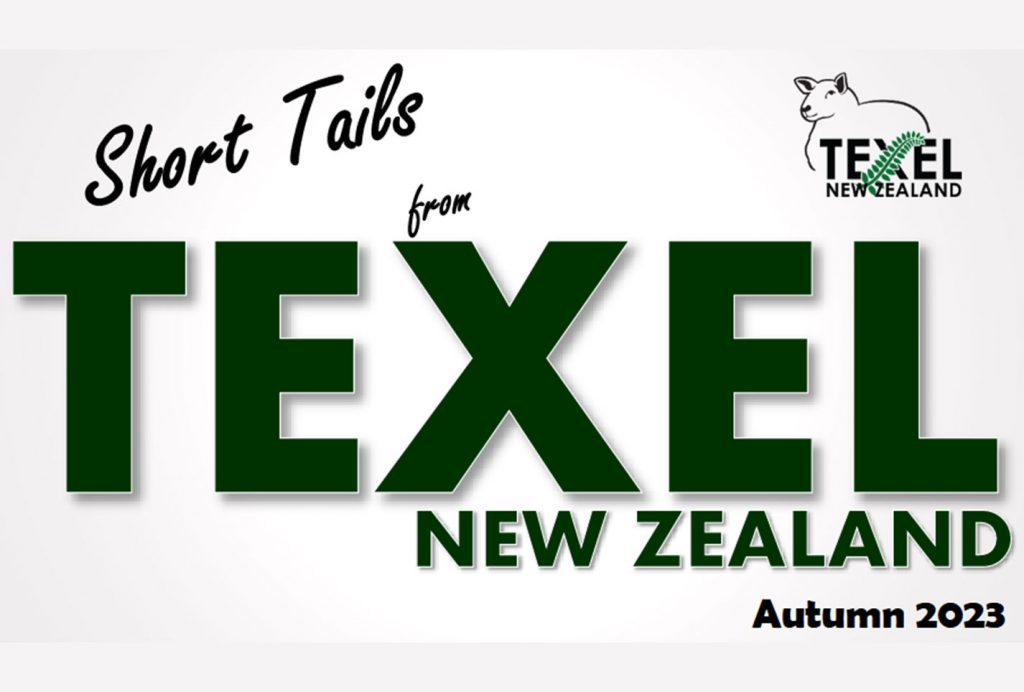Long-time PGG Wrightson Wool client Leon Black is committed to reducing the carbon footprint of New Zealand agriculture, though only when doing so also improves productivity.
His theory is that by tweaking the genetics the right way, New Zealand agriculture can become the first industry to achieve carbon-zero status.
“Carbon zero depends on how you do your maths. Although sheep and beef farmers are pretty good at low emissions, we need to prove it, to improve it, and to keep improving,” he says.
Leon manages the family business Blackdale, a 370-hectare intensive sheep breeding operation at Ermedale north of Riverton, where his family has farmed for almost 100 years. Leon’s father Peter took over the farm in 1956, and along with Leon’s mother, Marion started sheep stud breeding in 1969. Leon and his wife Wendy have been active in Blackdale since the early 1990s, breeding Textra and Tex-Coopworths. They started thinking about breeding low methane-emitting sheep around 15 years ago.
“In genetics, you are always looking to selectively breed heritable traits that will help improve on-farm efficiency or productivity. With greenhouse gases there’s no difference: we want an animal that produces less methane.
“First we had to work out whether lower methane emissions are repeatable, then whether that depended on a genetic trait: animals that are low emitters, stay low, and breed low. What we found was that you can breed for this and that the heritability of traits for methane emission is comparable to other traits, so more heritable than traits for fertility or lambing survival, though less than growth rate or wool micron.
“Proving that it is possible to breed sheep that emit lower levels of methane was the first breakthrough,” says Leon.
Leon has held numerous primary production governance roles, including as a director of Beef+Lamb New Zealand, Ovita, AGITO, Beef & Lamb Genetics NZ, and the Pastoral Greenhouse Gases Research Consortia. It was the latter that prompted his interest in using genetics to reduce the carbon footprint of agriculture. AgResearch, led by scientist Dr. Suzanne Rowe of Invermay, has supported an investigation into those theories with a series of trials over the past decade.
“Farmers understand genetics. If we can use that to help do our bit for the planet, it should be a relatively easy win that people can buy into without having to make radical changes on-farm. Easier to understand and implement than using vaccines or boluses, which might be excellent, though are not yet proven, and much less disruptive than quitting stock in favour of forestry,” says Leon.
Leon’s theory, which now extends beyond the breeds Blackdale focuses on, has made another important discovery: you don’t need to trade off genetics for productivity to reduce an animal’s methane emission rates.
“Our lower methane lines are more productive than our higher lines. They produce more wool, are leaner with a higher yield, and their breeding values are more than values for the high emitting lines.
“How animals digest food, converting it into meat or milk or wool, has evolved over the millennia. Since humans domesticated sheep, that is how they have been bred, and those characteristics are based on genetics. We know that the difference between a low and a high-emitting animal is up to 25 percent and that there are bigger differences in methane production between individuals than between breeds. Breeding for that trait will enable methane reductions of between one and three percent per year, which although it is an incremental gain, will add up to make an appreciable difference,” he says.
That depends on adopting Leon’s theory across the national flock.
“New Zealand’s sheep industry has done a good job of lowering emissions, dropping 30 percent on 1990 levels, though we have an obligation to do better, which is what our markets expect of us. New Zealand has also targeted a reduction of ten percent in 2017 emissions by 2030.
“Selecting genetics that results in low methane emitting progeny would make it easier to achieve that target. If you are using a lot of synthetic fertiliser and growing inefficient crops, you will struggle to be carbon zero, though with no tillage, and a low methane flock or herd, and by realising all the on-farm sequestration, we are not adding to global warming, we are adding to the economic story for New Zealand,” he says.
As consumers and regulators look for proof that primary producers are doing their best for the planet, Leon sees these genetics gaining value for farmers.
“As a breeder, I need to look ten years into the future and anticipate trends. If you’re using genetics with low methane emissions, that should be part of the calculation you make for your farm’s carbon footprint. Farmers increasingly need to tell the story about their compliance with best practices for environmental sustainability. In the future, genetics will become part of that,” says Leon.
Blackdale produces about 140 bales of wool a year, and Leon would love to see wool once again play an important economic role in sheep farming. Lawrence Paskell, PGG Wrightson Wool Southland representative, recently took over the Blackdale account from Stu McNaughton, continuing the Black family’s association with the company that began when Leon’s grandparents moved from Canterbury to an undeveloped 53-hectare Ermedale block in 1924.



